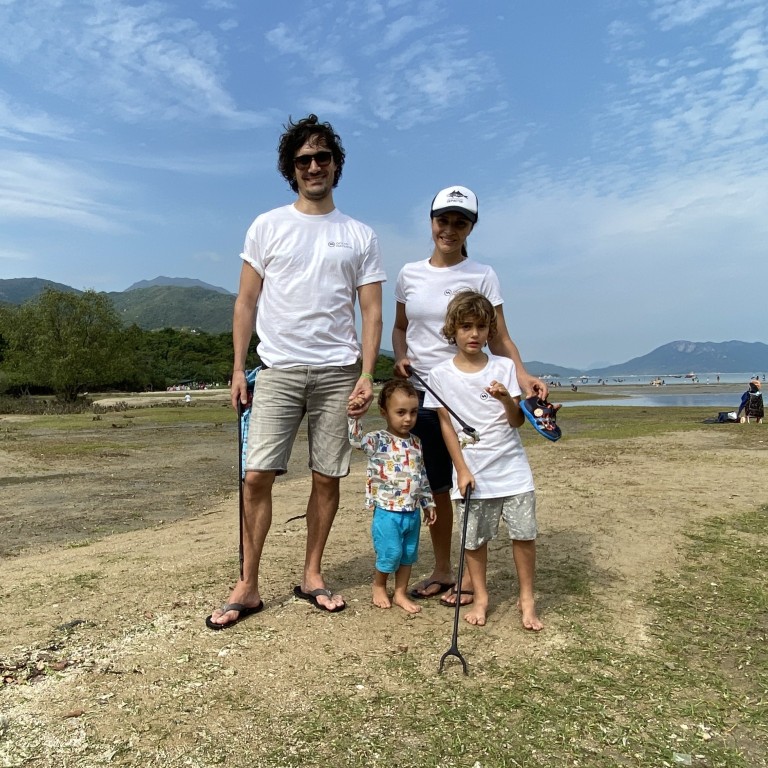
Recycle plastic to reduce ocean pollution: a Hong Kong workshop shows how to turn waste into flowerpots and coasters
- The founder of Ocean Material talks about why he was inspired to set up the Hong Kong-based social enterprise that seeks to reduce ocean pollution
- Ocean Material holds workshops on turning waste into pots and coasters to raise awareness of the impact of plastic pollution on the environment and human health
Toni Kienberger has always had a strong connection with the ocean. A keen surfer, diver and kite surfer, he spends much of his free time on Hong Kong’s coastline “enjoying the diverse marine environment”.
But after several years, Kienberger, who was born in Germany but has called Hong Kong home for 13 years, started to notice that things were not so great in the great outdoors.
On travels across Asia, he also noticed some countries’ inability to deal with the scale of the problem because of a lack of infrastructure.
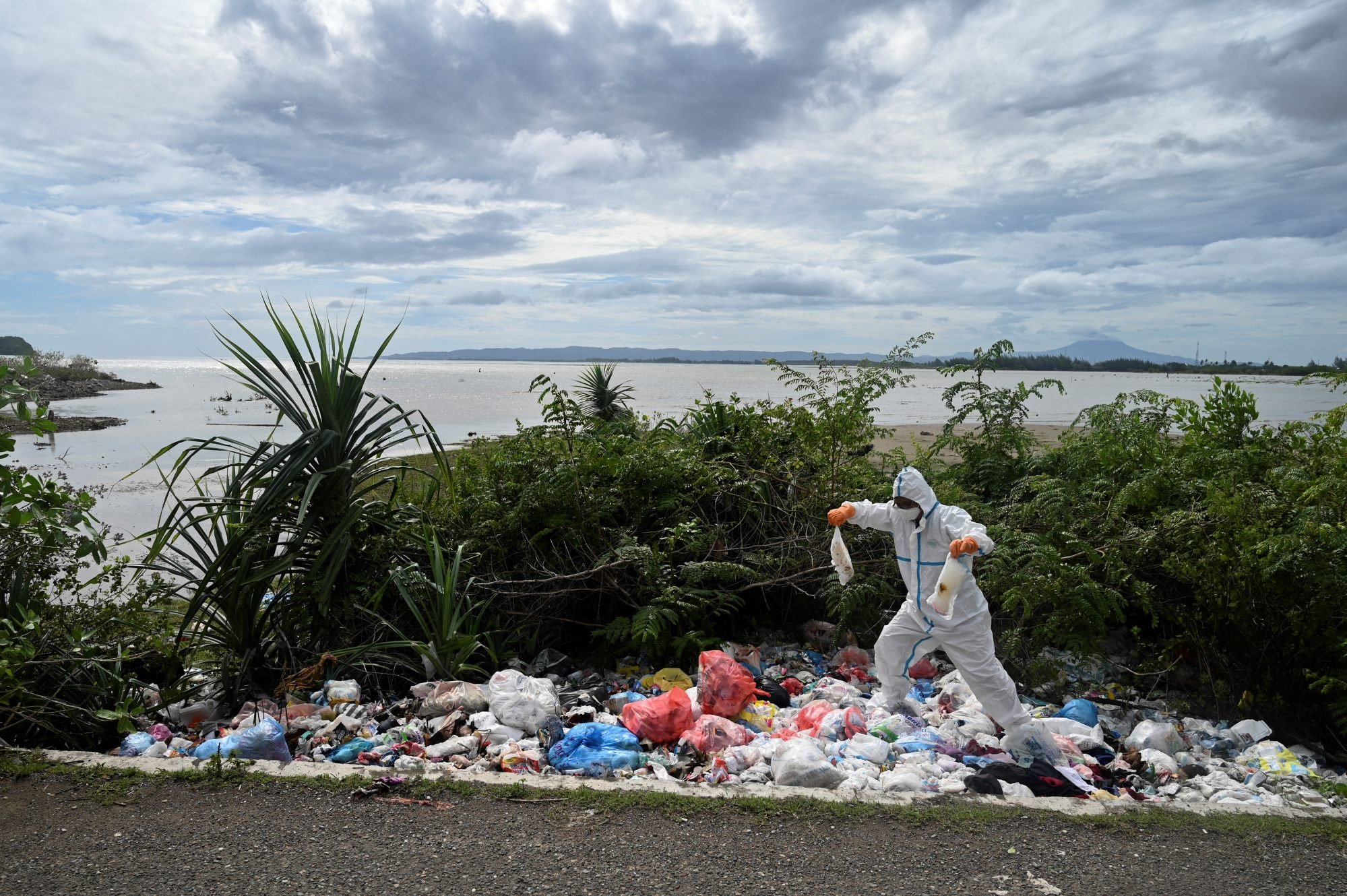
The father of three boys was also concerned about the state of the planet for future generations. His concerns are justified.
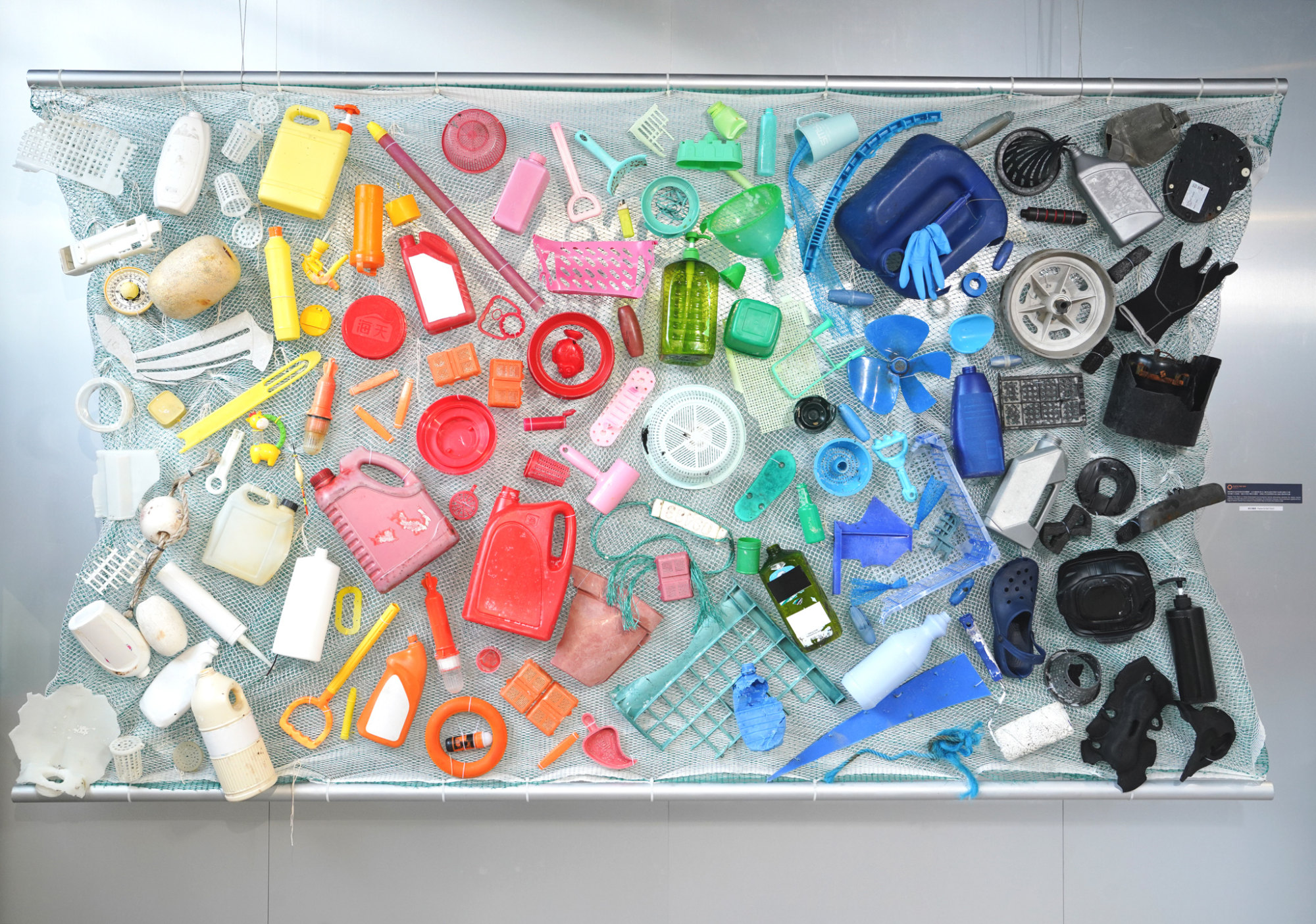
A 2022 report by the Organisation for Economic Cooperation and Development estimates that the total amount of global plastic waste will almost triple by 2060, two-thirds of it is made up of short-lived items such as plastic packaging. Plastic leakages are expected to double by 2060, furthering concerns about plastic pollution in our marine ecosystem.
But Kienberger also noticed something else: a growing movement of grass-roots environmentalism.
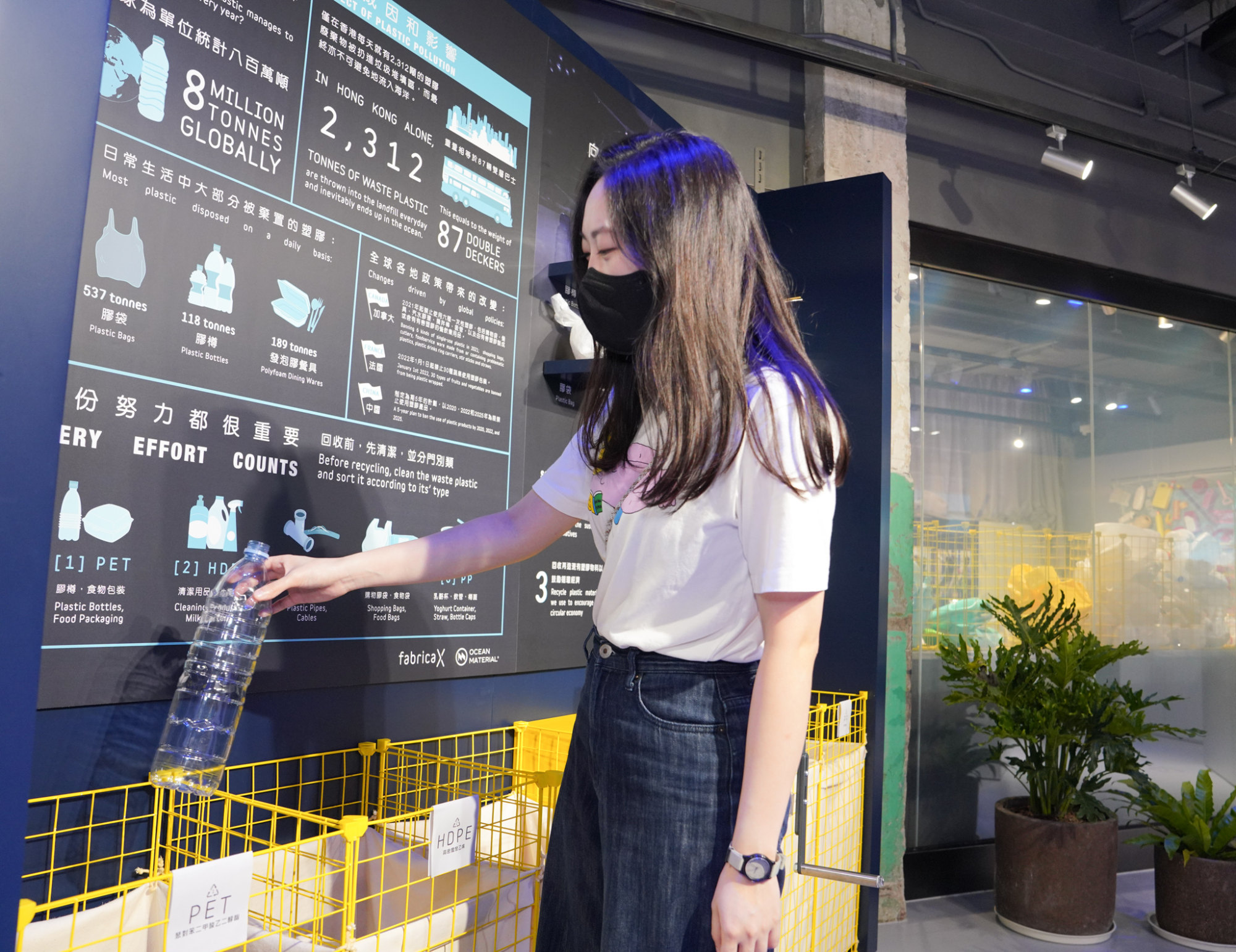
“I was active in business activities experimenting with using ocean plastic as a feedstock in their material production and recognised how large a potential market there could be, and how materials can be applied to everything from retail to construction, replacing other virgin materials that come with their own environmental problems.
“If good-quality materials can be applied to luxury brands, would it not be more purposeful – and altruistic – to apply that model to everyday products and materials?”
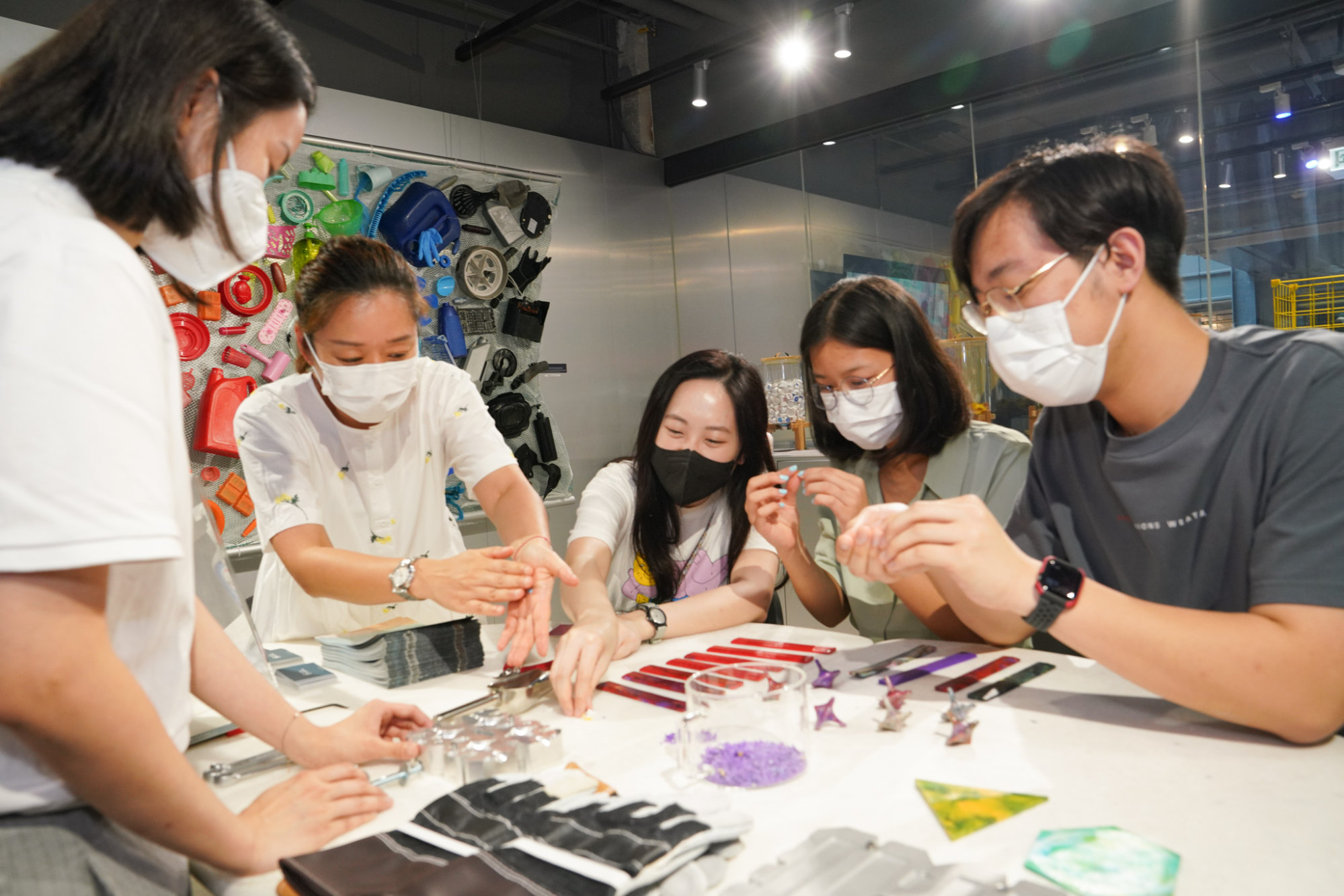
Designed for schools, participants learn how to use small-scale recycling machines to turn collected ocean plastic waste into products such as flowerpots and coasters.
“These workshops are the perfect opportunity to learn about the consumer culture we live in and its consequences – and how everyone can make a change by becoming a mindful consumer,” he says, adding that repurposing waste as a valued material resource creates environmental and social benefits.
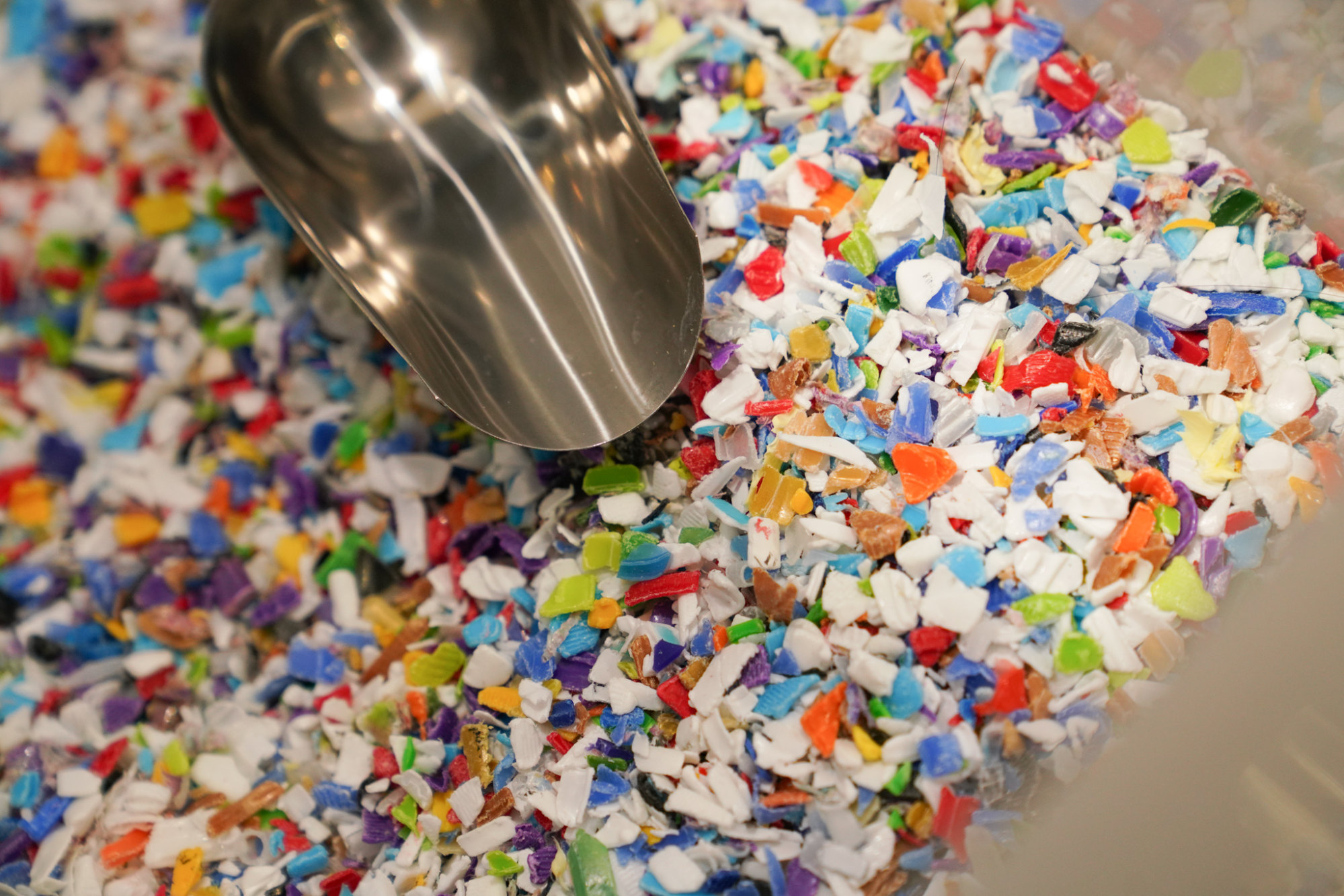
“If we expand this market further, we could drive new technological advancements that would make Asia a beacon of sustainable development, product innovation and environmental awareness, which would allow marine habitats the opportunity to recover naturally and achieve equilibrium.”
For more information on workshops by Ocean Material, visit themills.com.hk.

